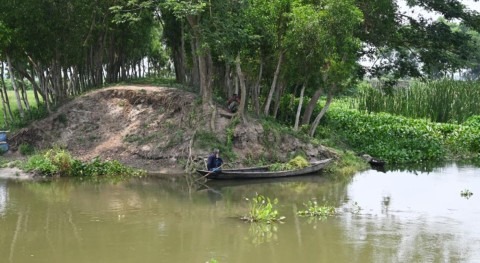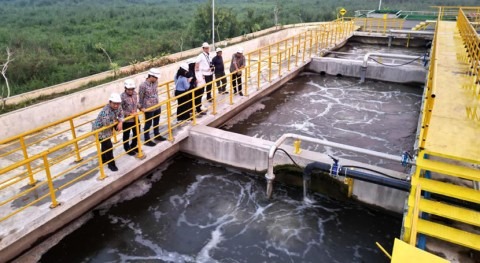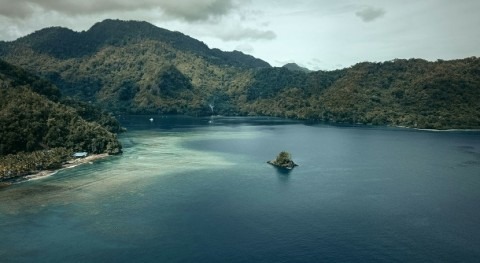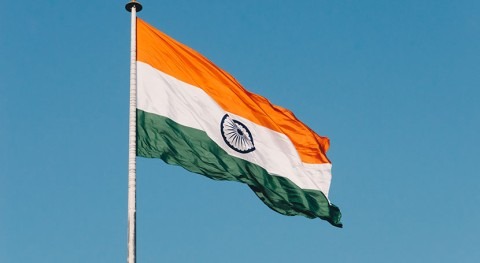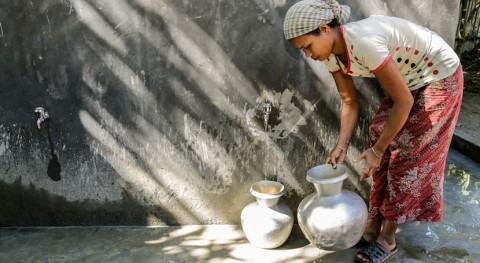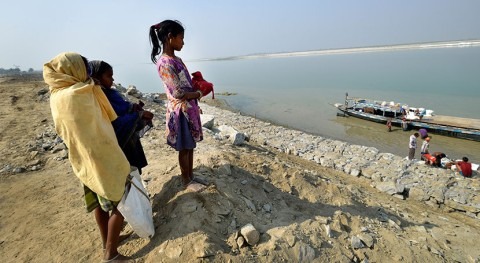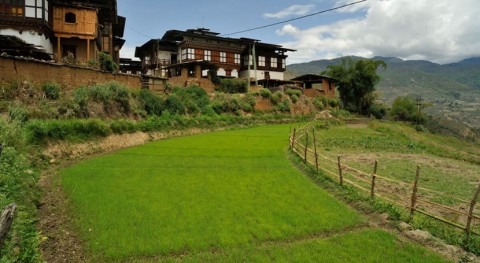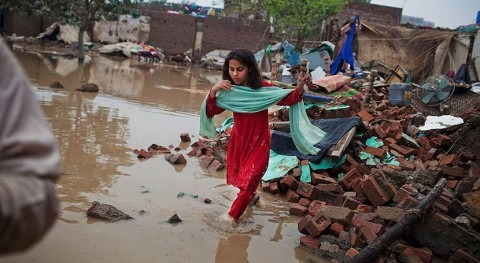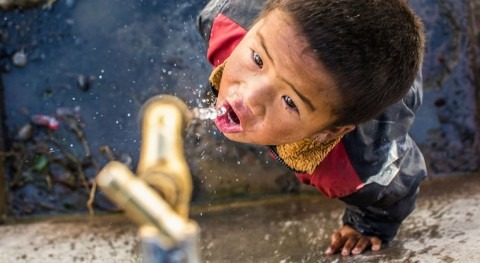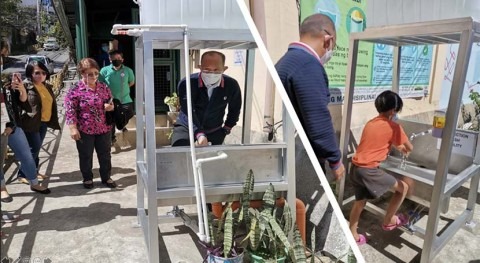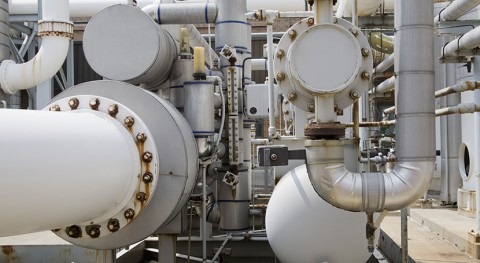The Asian Development Bank (ADB) has signed a $60 million financing package with Nepal Water and Energy Development Company Private Limited (NWEDC) to help build and operate a 216-megawatt run-of-the-river hydropower plant on the Trishuli River near the capital, Kathmandu. The project will enhance Nepal’s energy security by helping to utilize its renewable hydro resources and reduce imports of electricity.
The agreement for the Upper Trishuli-1 Hydropower Project was signed by the Director of Infrastructure Finance, South Asia, Central Asia, and West Asia at ADB’s Private Sector Operations Department Mr. Shantanu Chakraborty and NWEDC’s Chief Executive Officer Mr. Yi Bo Seuk at a ceremony in Kathmandu. The project is one of the largest private sector investments in Nepal to date.
The financing comprises a loan from ADB and a loan from the ADB-administered Canadian Climate Fund for the Private Sector in Asia II (CFPS II). CFPS II was established by the Government of Canada to encourage private investment in climate change mitigation and adaptation projects in Asia and the Pacific. CFPS II funding was integral to the project’s financial viability as it helped attract private capital currently unavailable in the market.
“This is a landmark transaction that will provide strong incentives for further private sector investment in Nepal’s energy sector,” said Mr. Chakraborty. “To ensure it provides sustainable benefits, this project will adopt international best practices in safeguards management and will also introduce measures to promote gender equality including job opportunities for women and better access to education, health care, amenities, and infrastructure.”
The project has been prepared in compliance with international environmental and social standards. Detailed studies by international experts have assessed alternatives, impacts, and proposed mitigation measures representing global best practice in hydropower development.
ADB is cofinancing the project with other multilateral development banks and development finance institutions including the International Finance Corporation; Export–Import Bank of Korea; Korea Development Bank; Asian Infrastructure Investment Bank; Commonwealth Development Corporation; Nederlandse Financierings-Maatschappij Voor Ontwikkelingslanden N.V.; OPEC Fund for International Development; and Société de Promotion et de Participation pour la Coopération Economique S.A.
Once operational, the plant is expected to provide over 1,200 gigawatt-hours of clean electricity annually to the national grid. The project is aligned with ADB’s operational priorities outlined in Strategy 2030, notably to eradicate remaining poverty; reduce inequalities; tackle climate change; build climate and disaster resilience; and enhance environmental sustainability.
ADB is committed to achieving a prosperous, inclusive, resilient, and sustainable Asia and the Pacific, while sustaining its efforts to eradicate extreme poverty. In 2018, it made commitments of new loans and grants amounting to $21.6 billion. Established in 1966, it is owned by 68 members—49 from the region.




